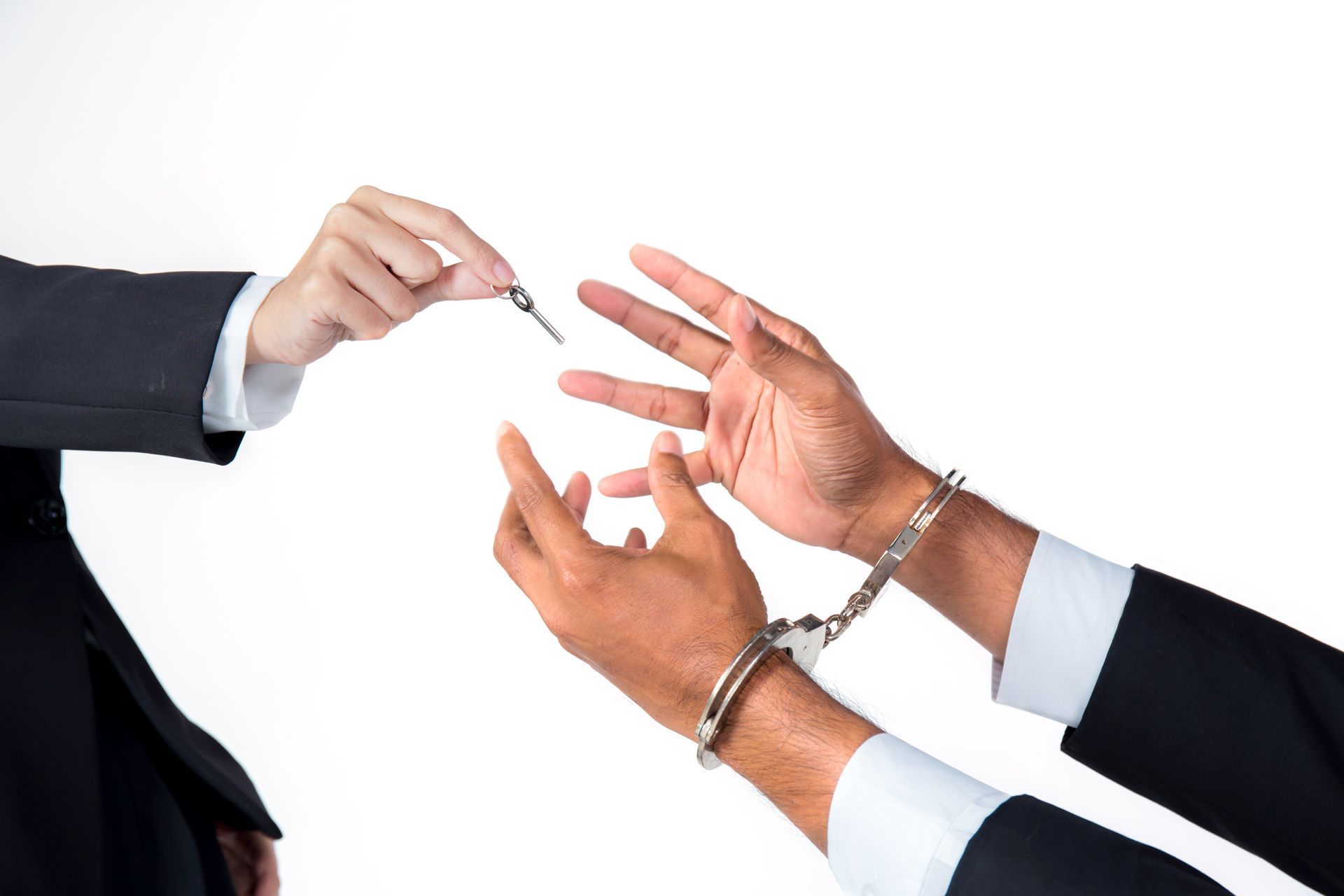Can You Legally Remove the Serial Number on a Gun?

No, it is illegal to “deface” a firearm in Arizona. Defacing a firearm is the act of intentionally removing or altering the serial number. This is against state law under Arizona firearm regulations (A.R.S. 13-3102) and federal law under the Gun Control Act of 1968. On a federal level, all firearms manufactured for sale in the U.S. are required to have serial numbers stamped on them, making the legality of “ghost guns” without serial numbers a grey area in the United States.
In August 2023, the Supreme Court handed down a decision that allowed the ATF to more tightly regulate ghost gun kit makers. The ruling didn’t outright ban the manufacturing or sale of kits or the possession of ghost guns, but it essentially defines them as firearms that can be regulated by the ATF.
Ultimately, the requirement for serial numbers specifically applies to guns manufactured for sale. If someone with a 3D printer buys a ghost gun kit and prints their own firearm for personal use, it doesn’t qualify as a gun manufactured for sale. They cannot legally sell the gun they make, but simply possessing it is not currently considered illegal.
Even if ghost guns were barred on a federal level, it wouldn’t necessarily make them illegal to possess in Arizona. In 2021, then-Governor Doug Ducey signed into law House Bill 2111, which essentially establishes that Arizona state law overrides contradicting federal law in the context of guns and gun ownership.
Ghost guns are still guns, meaning all the state laws pertaining to who can and cannot own a firearm still apply to ghost guns. Although ghost guns aren’t banned in the state of Arizona, you still can’t legally possess one if you’re under 18, a convicted felon or you’re in a building or on a property where firearms are prohibited (like a school, federal building or bar).
The History of Firearm Serial Numbers
Serial numbers are not exactly a new invention. In fact, there’s a history of numbering weapons in the U.S. dating back almost two centuries prior to the Gun Control Act. The Continental Army stamped the firearms it issued to soldiers with an insignia and number in an attempt to prevent soldiers from taking Army-issued firearms home with them when their enlistment ended.
In the book Supplying Washington’s Army, author Erna Risch claims that then-General Washington was so short on serviceable firearms that he began confiscating the guns of fighters if they were heading home after their term of enlistment ended, regardless of whether the gun had the stamp and number. Although Washington ordered this private property to be appraised and for the soldiers to be compensated for the firearm, it still boils down to the Continental Army forcibly confiscating weapons from citizens – something that wouldn’t be tolerated today in any circumstance.
The first unique serial numbers started appearing in 1865 on guns coming out of the Springfield Armory in Massachusetts. It wasn’t until the Gun Control Act of 1968 that all gun manufacturers who were making firearms for sale to the public were required to put a serial number on every firearm.
The Legality of Serial Numbers and Gun Ownership
Whether serial numbers, or the lack thereof, violate the Second Amendment is not necessarily a settled issue in the United States. In October 2022, a federal judge in West Virginia ruled that federal bans on possessing firearms that have had their serial numbers removed was unconstitutional.
To be clear, decisions passed down by U.S. District Courts are only binding within their jurisdiction – meaning this ruling has no effect on the rights of Arizona gun owners.
Are You Facing Firearm Charges in Phoenix?
Arizona has a long history of protecting the rights of gun owners. That doesn’t mean there aren’t many scenarios in which legal gun owners can have their firearms forcibly removed from their possession. This is especially common if a court has issued a domestic violence protective order or if law enforcement has deemed a gun owner to be a “dangerous individual.”
If you’re being targeted for violations of gun laws or if law enforcement is using any other actions or subtext to remove your legally owned firearms, the Law Office of Michael Alarid III is here to help.
Call us at (602) 818-3110 for a free case evaluation.



